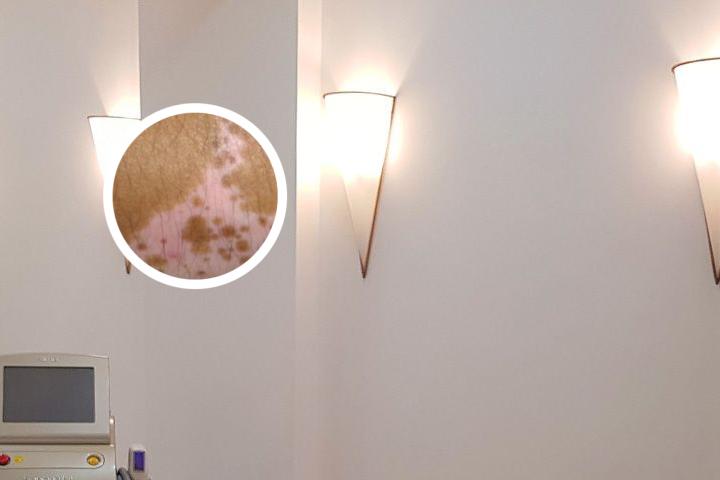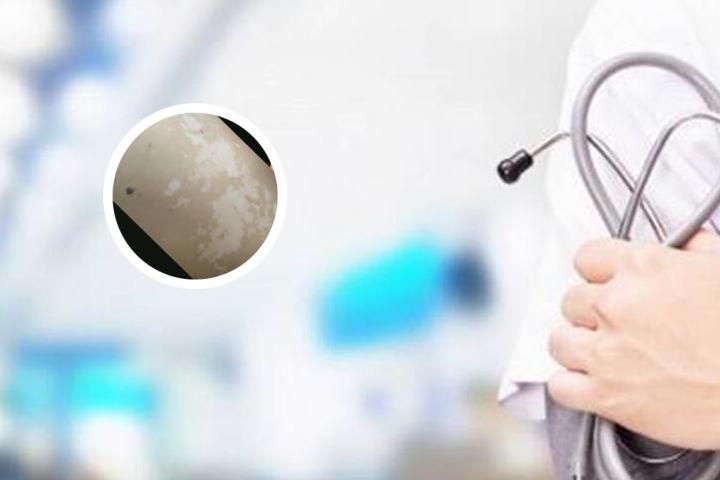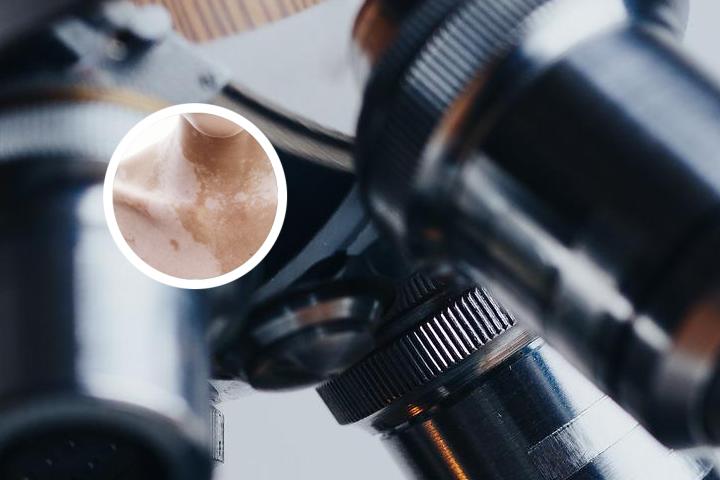1. What is vitiligo and what are its causes?

Vitiligo is a skin disorder characterized by the loss of melanocytes, the cells responsible for producing skin pigment. This results in depigmented patches of skin on affected areas, which can be localized or widespread. The exact cause of vitiligo is not fully understood but it is believed to involve a combination of genetic, autoimmune, and environmental factors.
2. How is vitiligo diagnosed?
Vitiligo is typically diagnosed through a physical examination of the affected skin and medical history of the patient. In some cases, a Wood's lamp may be used to aid in diagnosis by highlighting depigmented areas that may not be visible to the naked eye. A skin biopsy may also be taken to confirm the diagnosis.
3. What are the treatment options for vitiligo?
There are several treatment options available for vitiligo, including topical corticosteroids, calcineurin inhibitors, phototherapy, and surgical procedures such as skin grafting or tattooing. The choice of treatment will depend on the severity and location of the depigmentation, as well as personal preferences and medical history.
4. Can vitiligo be cured?
Unfortunately, there is currently no cure for vitiligo. However, many treatment options can help to reduce the appearance of depigmented skin and improve quality of life for those with the condition.
5. How can patients with vitiligo care for their skin?
Patients with vitiligo should take extra care to protect their skin from sun damage, as depigmented areas are more prone to burning. Sunscreen with high SPF and protective clothing such as hats and long sleeves can help to prevent sun damage. Moisturizing regularly can also help to maintain healthy skin and reduce the appearance of scaling or cracking.
6. Are there any lifestyle changes that can help with vitiligo?
Certain lifestyle changes may help to improve symptoms of vitiligo, including maintaining a healthy diet rich in vitamins and antioxidants, managing stress levels through techniques such as meditation or exercise, and avoiding triggers such as harsh chemicals or excessive heat or cold. It is also important for patients to practice good self-care and seek support from friends, family, or support groups if needed.










